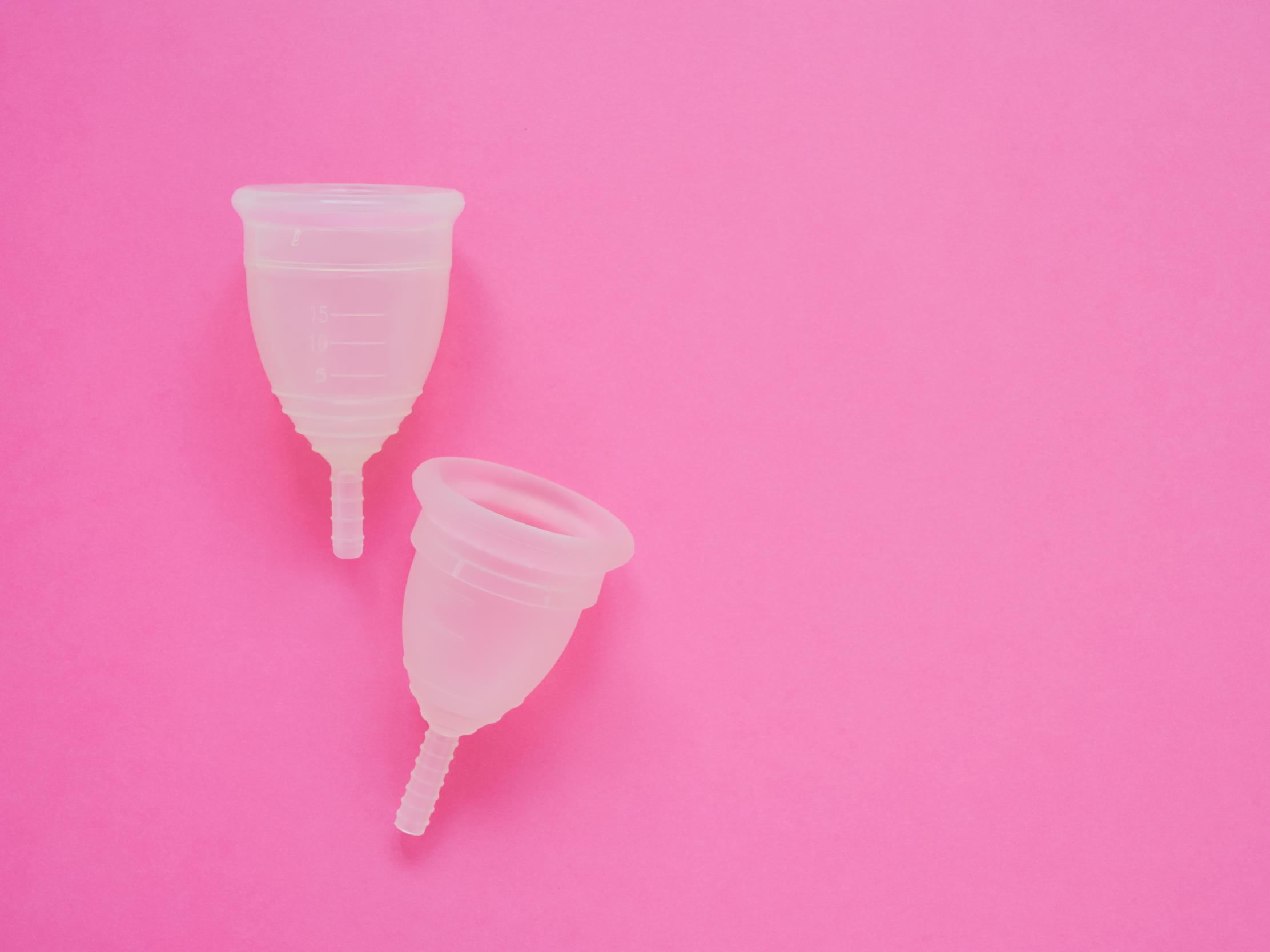This website uses cookies so that we can provide you with the best user experience possible. Cookie information is stored in your browser and performs functions such as recognising you when you return to our website and helping our team to understand which sections of the website you find most interesting and useful.

Women who use menstrual cups incorrectly could be at greater risk of suffering pelvic organ prolapse, an expert has warned, as the products continue to grow in popularity.
Menstrual cups fit into the vagina and are designed to collect blood during a women’s period. At present, they are not safety tested in the UK and not regulated by authorities.
Usually made of rubber or silicone, the cups can last up to 10 years, can hold more blood than other methods and are more sustainable than other products such as tampons.
The Chartered Society of Physiotherapy (CSP) has called on manufacturers to include better safety advice following claims that they were responsible for minor pelvic organ collapse.
Physiotherapist Kate Lough told The Independent that instructions on how to use the products can be unclear.
She added: “Some of the information included with menstrual cups can be hard to understand and not accurate, particularly the advice about taking the cup out.
“With many women using cups, this issue needs highlighting and manufacturers should provide credible advice from a respected source that is clear and easy to follow.”
Ms Lough says the advice around removing the cups is particularly worrying. She added that using your pelvic muscles to bring the cup lower in the vagina is not correct and counters advice given to avoid prolapse.
According to the NHS, a pelvic organ prolapse is when one or more of the organs in the pelvis slip down from their normal position and bulge into the vagina.
The organs can include the womb, blower or bladder. A prolapse is not life-threatening but can cause pain and discomfort.
One woman, Jenny, told the BBC that she felt menstrual cups were responsible for her minor pelvic organ prolapse, having used the product for three months.
She added: “I was scared and I was worried. I didn’t know what it might mean in the long-term”.
Created with Sketch.
Created with Sketch.
1/20
Getty Images
2/20
AFP via Getty Images
3/20
AFP via Getty Images
4/20
AFP via Getty Images
5/20
AFP via Getty Images
6/20
AFP via Getty Images
7/20
AFP via Getty Images
8/20
Getty Images
9/20
Getty Images
10/20
AFP via Getty Images
11/20
AFP via Getty Images
12/20
AFP via Getty Images
13/20
AFP via Getty Images
14/20
Getty Images
15/20
Getty Images
16/20
AFP via Getty Images
17/20
AFP via Getty Images
18/20
AFP via Getty Images
19/20
Getty Images
20/20
Getty Images
1/20
Getty Images
2/20
AFP via Getty Images
3/20
AFP via Getty Images
4/20
AFP via Getty Images
5/20
AFP via Getty Images
6/20
AFP via Getty Images
7/20
AFP via Getty Images
8/20
Getty Images
9/20
Getty Images
10/20
AFP via Getty Images
11/20
AFP via Getty Images
12/20
AFP via Getty Images
13/20
AFP via Getty Images
14/20
Getty Images
15/20
Getty Images
16/20
AFP via Getty Images
17/20
AFP via Getty Images
18/20
AFP via Getty Images
19/20
Getty Images
20/20
Getty Images
A report published in the Lancet Public Health journal in 2019 concluded that menstrual cups “were a safe option” and that the vast majority of women do not experience problems.
Mooncup Ltd, a menstrual cup manufacturer, says that the growth in the market has seen “misleading information” around using the products.
The company says its products are made “to the highest quality standards”.
In a statement, Mooncup added: “The Mooncup menstrual cup is designed to be worn as low in the vagina as comfortably possible with a clear space between the top of the cup and the cervix.
“It is important that the cup is not positioned in contact with or over the cervix, and that the seal is fully released before removing the cup. The Mooncup menstrual cup comes with comprehensive instructions for use.”
The Independent has contacted NHS England for comment.



 Africana55 Radio
Africana55 Radio 

